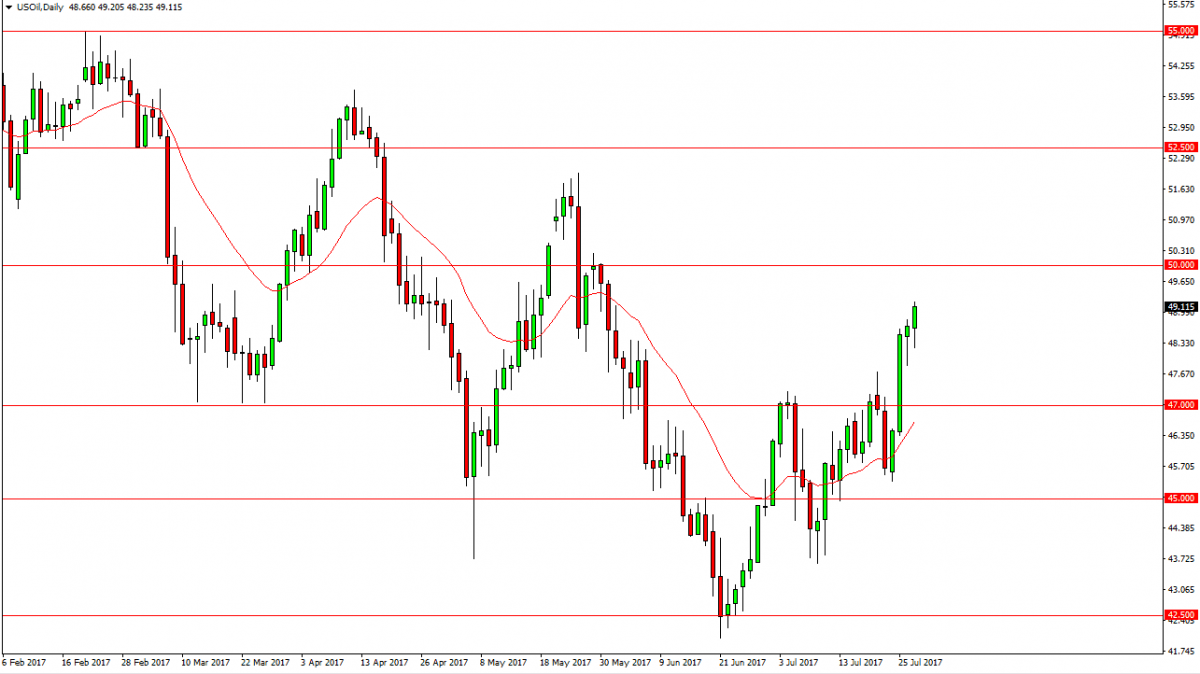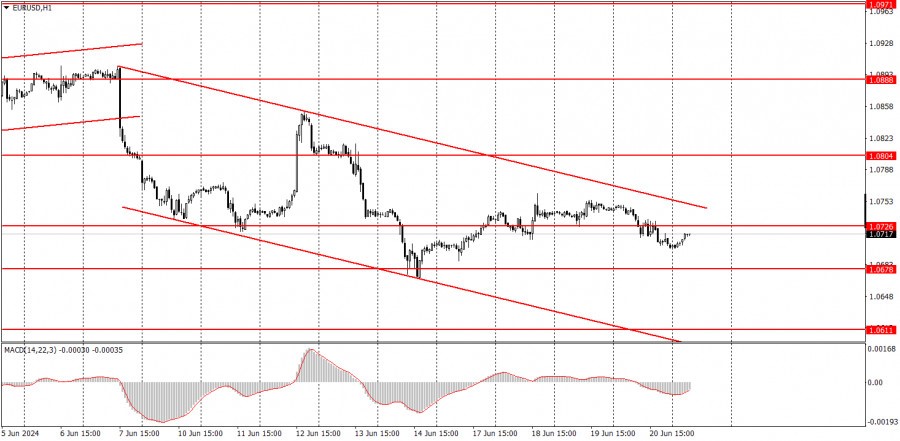How to control emotions in forex trading
The importance of emotional control in forex trading cannot be overstated. Emotions such as fear, greed, and overconfidence can significantly impact decision-making processes, often leading to impulsive and irrational trades. For instance, fear can cause a trader to exit a position prematurely, while greed might push them to hold onto a position for too long, hoping for greater profits. Overconfidence can result in excessive risk-taking, which may lead to substantial losses. Therefore, mastering the ability to control emotions is essential for achieving consistent and sustainable success in forex trading.
Understanding emotions in forex trading
Forex trading, like many other high-stakes financial activities, often elicits strong emotional responses. Among the most common emotions traders experience are fear, greed, and overconfidence. Fear typically arises during market volatility or following a series of losses, leading traders to make overly cautious decisions or exit positions prematurely. Greed, on the other hand, is driven by the desire for higher profits, prompting traders to take on excessive risks or hold onto winning trades for too long. Overconfidence can develop after a streak of successful trades, causing traders to underestimate risks and make larger, more reckless bets.
These emotions can significantly impact trading decisions and outcomes. Fear can result in missed opportunities and reduced profitability, as traders may avoid taking necessary risks. Greed can lead to significant losses when traders overextend their positions or fail to secure profits at the right time. Overconfidence can cause traders to ignore their trading plans and risk management strategies, ultimately leading to devastating losses.
The psychological aspects of trading are deeply intertwined with performance. Cognitive biases, such as confirmation bias and loss aversion, can cloud judgment and lead to irrational decision-making. Understanding these biases and the emotional triggers behind them is crucial for developing effective trading strategies. By recognizing and addressing these psychological factors, traders can improve their ability to make rational, well-informed decisions, leading to better trading outcomes and increased long-term success.
The role of emotional control in successful trading
Emotional control is essential for successful trading in the forex market. For long-term success, traders must maintain a balanced and disciplined approach, allowing them to make rational decisions even in the face of market volatility. Emotions such as fear and greed can cloud judgment, leading to impulsive actions that deviate from a well-thought-out trading plan. By controlling these emotions, traders can stick to their strategies, manage risks effectively, and avoid costly mistakes.
Uncontrolled emotions can lead to poor trading decisions. For instance, a trader driven by fear may panic during a market downturn, selling off assets at a loss instead of holding steady or following their pre-determined stop-loss strategy. Conversely, a trader overcome by greed might ignore warning signs and take on excessive risk, hoping for an unrealistic profit, only to suffer significant losses. Overconfidence after a series of successful trades can also be dangerous, leading traders to increase their risk exposure without proper analysis, ultimately resulting in substantial financial setbacks.
Studies have shown a strong correlation between emotional control and trading success. Research from the Journal of Behavioral Finance indicates that traders who exhibit higher levels of emotional regulation tend to achieve better performance and more consistent returns. Additionally, a study by the CFA Institute found that emotional discipline is one of the most critical factors contributing to a trader's long-term profitability. By mastering emotional control, traders can enhance their decision-making processes, reduce the impact of cognitive biases, and improve their overall trading performance.

Strategies for controlling emotions in forex trading
Effective emotional control in forex trading can be achieved through various strategies designed to enhance discipline and rational decision-making.
Develop a trading plan A clear, well-defined trading plan is essential for maintaining emotional control. This plan should outline specific entry and exit points, risk management strategies, and trading goals. By following a structured plan, traders can minimize impulsive decisions driven by emotions. Components of a good trading plan include technical and fundamental analysis criteria, predefined risk levels, and contingency strategies for different market scenarios.
Set realistic goals Setting achievable trading goals is crucial for avoiding unnecessary stress and maintaining emotional balance. Unrealistic expectations can lead to disappointment and impulsive behavior when targets are not met. By setting practical, attainable objectives, traders can maintain a steady mindset and make more rational decisions. Realistic goals help in building confidence and fostering a positive trading experience.
Practice risk management Effective risk management techniques, such as using stop-loss orders and proper position sizing, are vital for controlling emotions. These methods help limit potential losses and protect against significant market fluctuations. By managing risk, traders can reduce anxiety and maintain a more composed approach to trading. This disciplined approach helps prevent emotional reactions to unexpected market movements.
Keep a trading journal Maintaining a trading journal offers numerous benefits, including the ability to review past trades and identify emotional triggers and patterns. By documenting each trade, traders can analyze their decision-making processes and learn from their mistakes. This reflective practice aids in recognizing emotional biases and improving future trading strategies.
Take regular breaks Taking regular breaks is essential for avoiding burnout and maintaining a healthy work-life balance. Continuous trading without breaks can lead to mental fatigue, increasing the likelihood of emotional decisions. By scheduling breaks and engaging in activities outside of trading, traders can rejuvenate their minds and return to the market with a fresh perspective. This practice helps sustain long-term emotional stability and trading performance.
Psychological techniques for emotional control
Mastering emotional control in forex trading often involves incorporating various psychological techniques. These practices can help traders manage stress, reduce anxiety, and maintain a balanced mindset.
Mindfulness and meditation practices
Mindfulness and meditation are powerful tools for enhancing emotional control. These practices involve focusing on the present moment, which helps traders remain calm and centered, especially during high-stress situations. By regularly engaging in mindfulness exercises, traders can improve their awareness of emotional triggers and develop better responses to them. Meditation can also reduce overall stress levels, leading to clearer thinking and more rational decision-making.

Cognitive-behavioral techniques
Cognitive-behavioral techniques (CBT) are effective for managing stress and anxiety associated with trading. CBT involves identifying and challenging negative thought patterns that can lead to emotional responses. For instance, if a trader experiences fear after a loss, CBT can help them reframe their thinking to view the loss as a learning opportunity rather than a failure. By addressing these cognitive distortions, traders can develop a more positive and resilient mindset, which is crucial for maintaining emotional control.
Visualization and positive affirmation exercises
Visualization and positive affirmations are techniques that can enhance emotional stability and confidence. Visualization involves mentally rehearsing successful trading scenarios, which can help traders build confidence and prepare for actual market conditions. Positive affirmations, on the other hand, involve repeating encouraging statements to oneself, such as "I am a disciplined trader" or "I make rational decisions." These exercises can reinforce a trader's self-belief and reduce the impact of negative emotions.
Practical tips for maintaining emotional control
Effective emotional control in forex trading extends beyond psychological techniques to include practical lifestyle adjustments and environmental factors.
Techniques for staying calm during market volatility
Staying calm during market volatility is crucial for making rational decisions. One effective technique is deep breathing exercises, which can help reduce immediate stress responses. Traders can also practice the "10-second rule," where they take a brief pause before executing any trade, allowing time to assess the situation without impulsive reactions. Additionally, using pre-set stop-loss and take-profit levels can remove the emotional pressure of making on-the-spot decisions, ensuring trades are managed according to a predefined strategy.
Importance of maintaining physical health
Maintaining physical health is foundational for emotional stability. Adequate sleep is essential for cognitive function and stress management, allowing traders to approach the market with a clear and focused mind. A balanced diet, rich in nutrients, supports overall brain health and energy levels, while regular exercise can reduce stress hormones and improve mood. By prioritizing physical well-being, traders can enhance their mental resilience and better handle the emotional demands of trading.
Creating a supportive trading environment
A supportive trading environment can significantly impact a trader's emotional control. This includes having a quiet, organized workspace free from distractions, which can help maintain focus and reduce stress. It’s also beneficial to establish a routine that includes regular breaks, allowing time to step away from the screens and refresh the mind. Surrounding oneself with a network of fellow traders or mentors can provide emotional support and valuable insights, further enhancing a trader’s ability to manage emotions effectively.
Learning from mistakes
In forex trading, mistakes are inevitable, but viewing them as learning opportunities is crucial for continuous improvement and long-term success. Embracing this perspective allows traders to grow from their experiences and refine their strategies, rather than becoming discouraged by setbacks.
Mistakes provide valuable insights into what works and what doesn’t in trading strategies. By adopting a mindset that views errors as part of the learning process, traders can remain resilient and focused on improvement. This positive approach helps mitigate the negative emotional impact of mistakes, transforming them into constructive experiences that contribute to overall growth and development.
Analyzing and learning from trading errors requires a systematic and objective approach. Maintaining a trading journal is an effective way to document each trade, including the rationale behind decisions, market conditions, and outcomes. By regularly reviewing this journal, traders can identify patterns and recurring mistakes, allowing them to adjust their strategies accordingly.
To learn from mistakes without emotional attachment, traders should focus on the facts rather than the feelings associated with losses. This involves evaluating trades based on predefined criteria and performance metrics rather than personal reactions. By treating each mistake as data, traders can make unbiased assessments and implement necessary changes.
Conclusion
Emotional control is not just a supplementary skill in forex trading; it is foundational to making rational decisions and achieving consistent profitability. By adopting the strategies and techniques outlined above, traders can enhance their emotional resilience and improve their overall trading performance. Continuously working on these aspects is essential, as mastering emotional control can significantly impact success in the forex market. Embrace these practices and commit to ongoing personal and professional development, ensuring a more disciplined and profitable trading journey.


